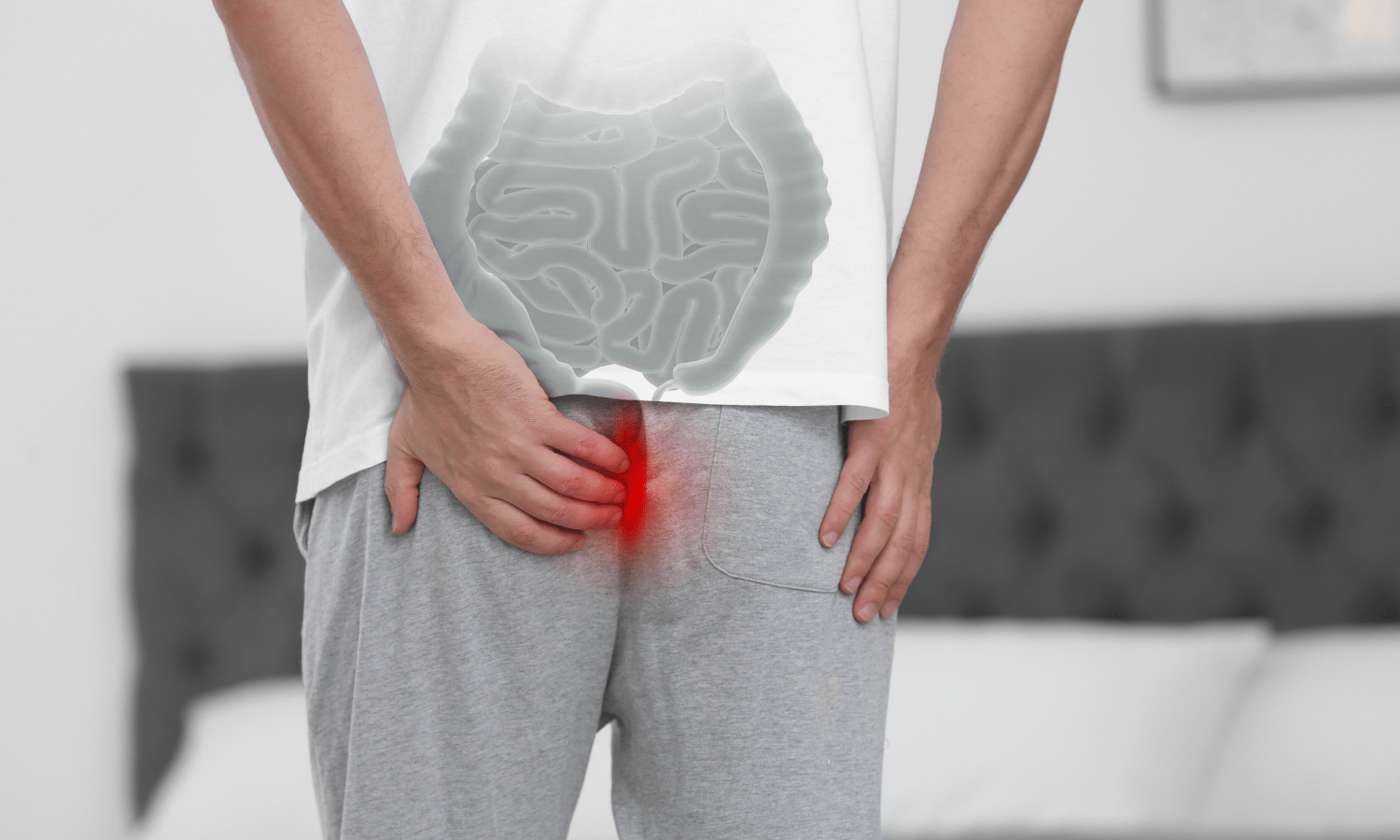How To Prevent Hemorrhoids?
Hemorrhoids, those painful, swollen veins in the lower part of the rectum or anus, are a common ailment that many people experience at some point in their lives. They can be uncomfortable, itchy, and even downright painful. But the good news is that there are steps you can take to prevent them. In this blog post, we'll explore the causes of hemorrhoids and discuss some lifestyle changes and home remedies that can help you avoid this uncomfortable condition.
Causes of Hemorrhoids
Hemorrhoids are caused by increased pressure in the veins of the rectum and anus. This pressure can come from a variety of sources, including straining during bowel movements, sitting for long periods, obesity, and pregnancy. The pressure causes the veins to swell, leading to the formation of hemorrhoids. But why do some people get hemorrhoids and others don't? The answer lies in a combination of factors, including diet, exercise, and even genetics.
Lifestyle Changes to Prevent Hemorrhoids
Preventing hemorrhoids starts with making some simple lifestyle changes. One of the most important things you can do is to eat a high-fiber diet. Fiber helps to soften stools, making them easier to pass and reducing the need to strain during bowel movements. Foods high in fiber include fruits, vegetables, whole grains, and legumes. Staying hydrated is also crucial, as it helps to prevent constipation, which can lead to straining.
Regular exercise is another key factor in preventing hemorrhoids. Exercise helps to improve circulation, reduce pressure on the veins in the rectum and anus, and promote healthy bowel movements. Aim for at least 30 minutes of moderate exercise most days of the week.
Maintaining a healthy weight is also important, as obesity can increase the pressure on the veins in the rectum and anus. If you're overweight, losing even a small amount of weight can make a big difference in preventing hemorrhoids.
Lastly, avoid sitting for long periods. If your job requires you to sit at a desk all day, make sure to take regular breaks to stand up and move around.
Home Remedies for Hemorrhoids
If you do develop hemorrhoids, there are several home remedies that can help to alleviate the discomfort. Witch hazel, for example, is a natural astringent that can help to reduce swelling and inflammation. Aloe vera is another natural remedy that can help to soothe the skin and reduce itching. Warm baths can also provide relief, as can over-the-counter creams and ointments.
When to Seek Medical Help
While hemorrhoids are usually not serious, there are times when you should seek medical help. If you experience severe pain, bleeding, or if your hemorrhoids don't improve with home treatment, it's time to see a doctor. There are several treatment options available, including surgery, for those who need it.
Ready to Take the Next Step?
Hemorrhoids can be uncomfortable and even painful, but with some simple lifestyle changes and home remedies, you can prevent them or alleviate the discomfort if you do develop them. Remember to eat a high-fiber diet, stay hydrated, exercise regularly, maintain a healthy weight, and avoid sitting for long periods. And if you do develop hemorrhoids, don't be afraid to seek medical help if you need it.
If you're struggling with hemorrhoids and seeking relief, don't wait any longer. At Indiana Vascular, our team of experienced professionals is here to help you find the right treatment for your needs. Whether you're interested in exploring lifestyle changes, home remedies, or medical treatments, we're here to guide you every step of the way. Don't let the discomfort of hemorrhoids hold you back any longer. Schedule a consultation with us today and take the first step towards a more comfortable, pain-free life. Your health and well-being are our top priorities.
Sources
Cleveland Clinic. (n.d.). Hemorrhoids: Management and Treatment. Retrieved from https://my.clevelandclinic.org/health/diseases/15120-hemorrhoids#prevention

